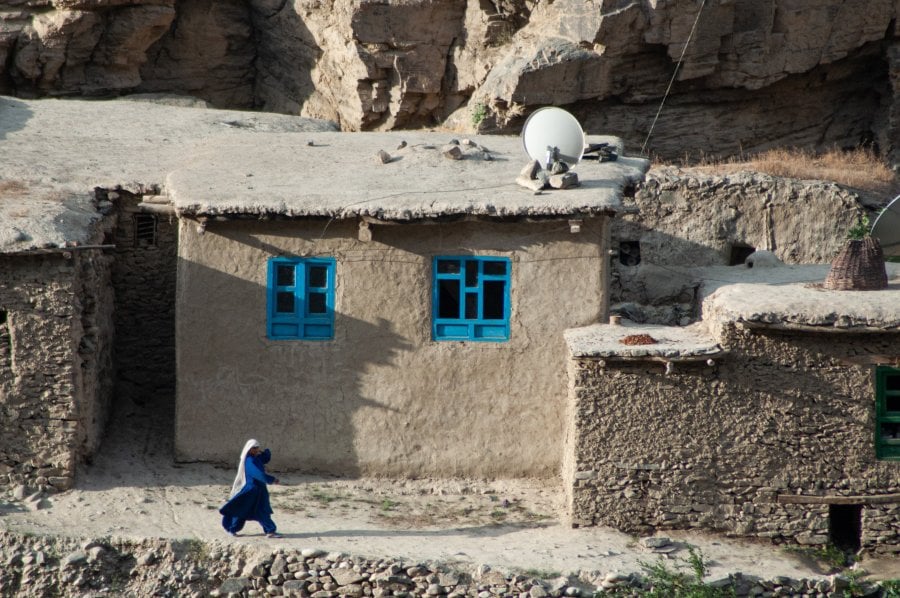
On 15 August 2021, Afghanistan was thrown into a state of shock and the nation plunged into chaos. The withdrawal of support from the United States and its Alliance led to the sudden collapse of the Afghan government after two decades of rebuilding.
I served in Afghanistan’s health sector for around 15 years in different capacities, covering health and nutrition programmes for women and children. When the Taliban took power overnight, everything changed so drastically. The takeover put many at risk of death, captivity or torture, especially those who had worked with the US and its allies. A massive airlifting operation was launched from Kabul airport. The evacuation process continues slowly and has resulted in an extensive brain drain, including of healthcare workers.
Like many other professionals, I was compelled to leave. It was not an easy or safe departure, but I made the decision first to save my life and then safeguard my education rights as a female scholar, so I could continue helping my people from a distance until I can return in person.
Our postgraduate taught courses provide health practitioners, clinicians, policy-makers, scientists and recent graduates with a world-class qualification in public and global health.
If you are coming to LSHTM to study a distance learning programme (PG Cert, PG Dip, MSc or individual modules) starting in 2024, you may be eligible for a 5% discount on your tuition fees.
These fee reduction schemes are available for a limited time only.
